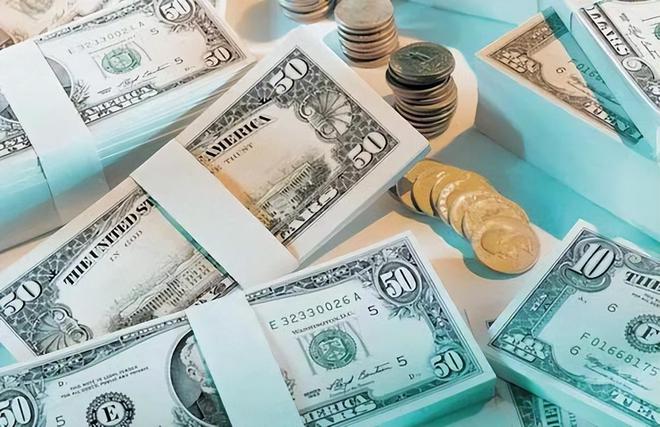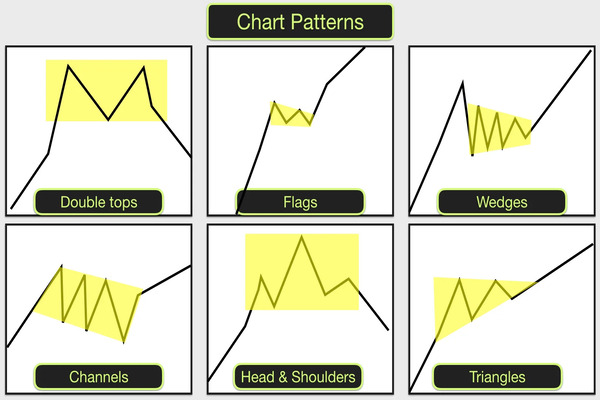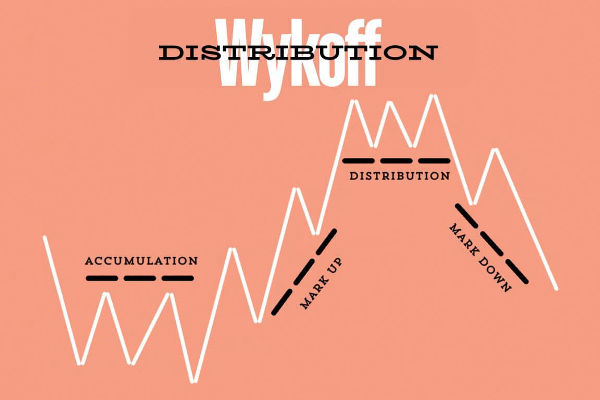Foreign exchange adjustment refers to the action taken by the central bank to
adjust or intervene in the exchange rate of a currency in the foreign exchange
market. It refers to the central bank influencing market supply and demand by
buying and selling foreign exchange to adjust exchange rate levels or prevent
excessive currency fluctuations.

The purpose of foreign exchange adjustment can be to stabilize the exchange
rate of currencies, in order to maintain economic stability and competitiveness.
The central bank may use currency intervention to prevent the currency from
depreciating or appreciating too much, so as to maintain the balance of
international trade.
Firstly, the central bank can adjust foreign exchange by intervening in
exchange rates. When a country's currency exchange rate experiences significant
fluctuations or does not meet government expectations, the central bank can take
intervention measures, such as purchasing or selling currency in the foreign
exchange market, to influence the trend of the exchange rate. If the central
bank believes that the domestic currency is too strong, it may take measures to
sell the domestic currency to increase foreign exchange supply and lower the
exchange rate. On the contrary, if the central bank believes that the domestic
currency is too weak, it may take measures to purchase the domestic currency to
reduce foreign exchange supply and increase the exchange rate.
Secondly, the central bank can adjust foreign exchange through Currency
intervention. The central bank can directly intervene in the foreign exchange
market by purchasing or selling foreign exchange in order to affect the supply
and demand relationship in the market. By increasing or reducing foreign
exchange supply, the central bank can adjust the exchange rate level in the
market to achieve its goal of regulating the economy.
In addition, the central bank can also carry out foreign exchange adjustments
by implementing monetary policy. Monetary policy is a means for the central bank
to affect the economy by adjusting the Money supply and interest rate level. The
central bank can attract or suppress foreign investment inflows by adjusting
interest rate levels, thereby affecting the supply and demand relationship and
exchange rate level in the foreign exchange market.
In addition, foreign exchange adjustments can also be used to maintain
financial stability and suppress excessive volatility. For example, when a
country's currency experiences a large-scale depreciation, the central bank can
purchase its own currency, increase demand, and thus raise the exchange rate. On
the contrary, when the currency excessively appreciates, the central bank can
sell its own currency, reduce its supply, and stabilize the exchange rate
level.
Foreign exchange adjustment is an important tool of the central bank, often
used to intervene in the market and affect the value of currency. It can be
implemented through direct intervention in the market or through interest rate
policies. The implementation of foreign exchange adjustments usually requires
the central bank to have sufficient foreign exchange reserves and the ability to
stabilize the market.
In short, foreign exchange adjustment is an important means for the central
bank to adjust the exchange rate of currencies through market intervention in
order to maintain economic stability and competitiveness. It has a significant
impact on international trade, financial stability, and economic
development.
The scope of adjusting foreign exchange is:
1: Various retained foreign exchange reserves;
2: Foreign exchange owned by foreign-invested enterprises;
3: Foreign exchange donated by overseas Chinese and Hong Kong Macao contract
holders;
4: Foreign currency and foreign exchange deposits held by individual
residents;
5: Other foreign exchanges approved by the State Administration of Foreign
Exchange







